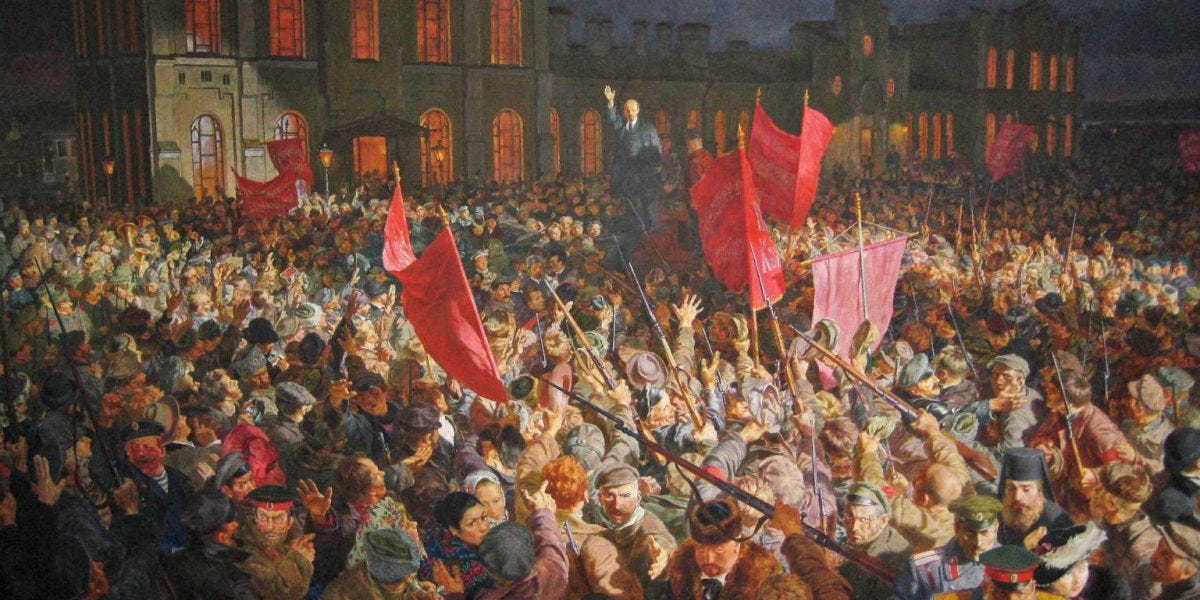Protest
Revolutions like those ongoing in Indonesia and Nepal are often framed as “anti-corruption”.
Revolutions like those ongoing in Indonesia and Nepal are often framed as “anti-corruption”. But what the mainstream media calls corruption is simply when a non-Western-style regime hands out money to its clients. When a Western regime does it, we call it charity, philanthropy, grants, benefits, or aid.
I propose the following model. Governance is the product. Tax is the price. It’s totally understandable to feel like you’re paying too much (high taxes) for a low-quality product (bad governance).
But part of your taxes will always go to “corruption”. There has never been nor will there ever be a regime that doesn’t give handouts to its clients. This is because any such regime will easily be defeated by one that promises more handouts (with some caveats).
It’s possible you’re getting charged a high price (taxes) for a bad product (governance) because the government chooses to allocate too much to its clients. But you can’t deduce that the price is high from the mere fact that corruption exists.
Say you go to a shop and see a can of Coca-Cola. You check the price tag and decide it’s worth the purchase. You’re standing in front of the shop enjoying your delicious Coke when you come across a news item on the interwebz that says the CEO of Coca-Cola earns 1.4 quadrillion pesos. Hot damn, you think. If only Coca-Cola didn’t pay a fortune to their CEO, you’d be able to pay even less for your Coke. You feel ripped off.
Is this rational behaviour? You assume Coke could be produced while paying less to management. This may or may not be the case. If it is, then there will probably be a company that produces a very similar product for a much lower price. If there isn’t, then your assumption might be faulty. The rational thing is to only look at the price and the quality of the product you’re getting, and then decide if it’s worth it.
Some of my friends hate everything that has to do with Coca-Cola, large firms, or CEOs. One could make the same example with craft beer sold by a small co-op for which you pay by contributing a voluntary (but strongly implied) minimum sum of “charity”. You learn that the general secretary of the committee leading the organisation received a large payout. But the beer was fine!
What I’m arguing for is not to look at whether corruption exists in a country (it does). But to check the quality of governance people get for their taxes.
This is important because opposition parties often campaign by claiming they’ll reduce corruption. But they never say a word about lowering taxes or improving governance. Will there be less crime? Better public transport? More successful cancer surgeries?
Often, what they mean by reducing corruption is redirecting it. This may be great if you happen to be among the new clients. But it won’t lower your taxes, and it won’t improve governance.


